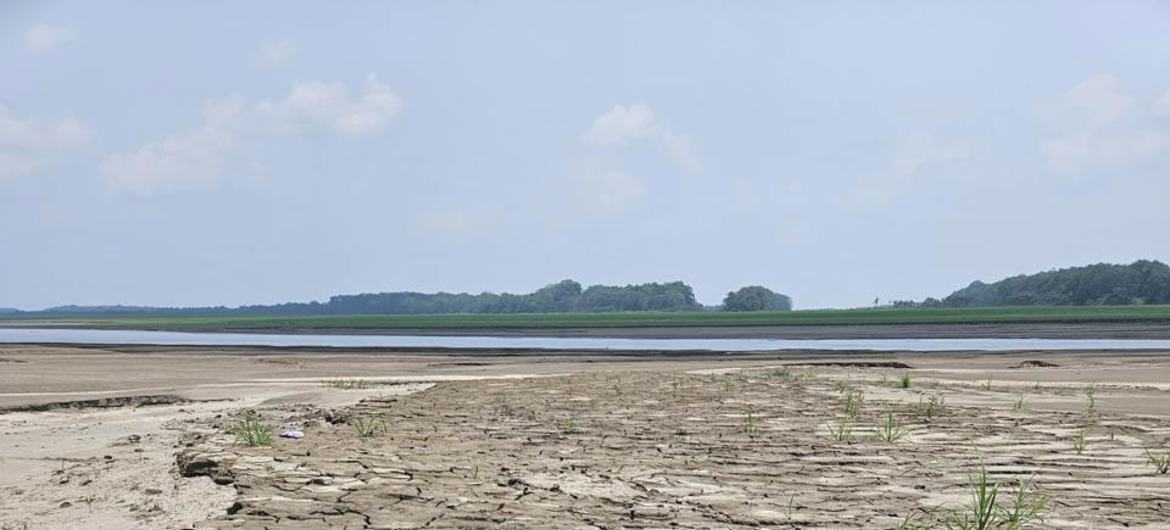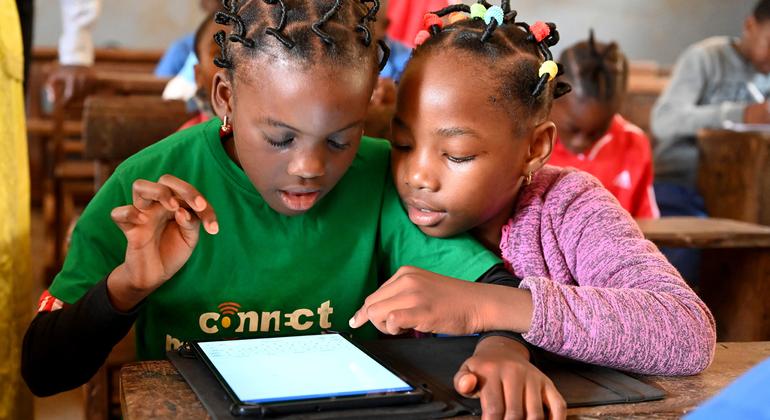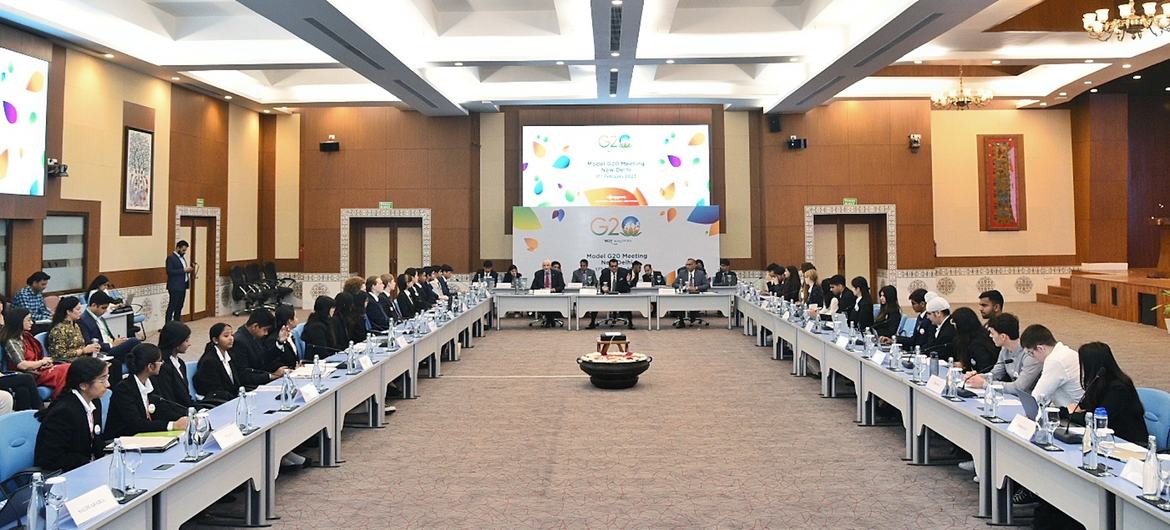Every year, UNICEF assesses potential risks for children and offers strategies to minimize harm. The recent report, Prospects for Children 2025: Building Resilient Systems for Children’s Futures, emphasizes the need to strengthen national systems to protect children from crises and provide necessary support.
Here are the key trends to watch for in 2025.
A Rise in Child Population in Conflict Areas
In 2025, escalating armed conflicts will continue to endanger children. The intensity and violence of conflicts are on the rise.
More than 473 million children, over one in six globally, reside in conflict-affected regions. The world is witnessing the highest number of conflicts since World War II, with the percentage of children in conflict zones doubling from about 10% in the 1990s to almost 19% today.
Given the increase in geopolitical tensions and disregard for international laws safeguarding civilians, attacks on schools and hospitals are becoming more frequent. This deterioration threatens the lives and well-being of children, leading to displacement, starvation, disease, and psychological trauma.
Efforts from the multilateral system are needed to address and reverse these losses.
© UNICEF/Vincent Tremeau
Children eat lunch in a village in Tagal, Chad.
Challenges in the Financial System
Developing countries are struggling to invest in children due to slow growth, mounting debt, insufficient tax revenues, and development aid.
Sovereign debt burdens around 400 million children in distressed countries, squeezing out essential child-focused investments. Critical decisions are required in 2025 to reform the global financial system framework.

© UNICEF/Paulo Diogenes
In Tabatinga -Amazonan State- in Brazil on October 2024.
Impacts of the Climate Crisis
Children bear disproportionate consequences of climate change, with lasting effects on their health, education, and overall well-being.
Progress in global climate goals in 2025 demands effective policies, financing, regulatory frameworks, and monitoring systems.

© UNICEF/Frank Dejongh
Advancements in Digital Services
In 2025 and beyond, digital trends will play a significant role in children’s lives, impacting education, communication, and participation in the digital economy.
Digital Public Infrastructure (DPI) offers equitable access to digital services but must address inequalities in access and data protection.

G20 Secretariat
Youth advocates at the 2023 G20 meeting (file)
Challenges in Global Governance
Ongoing crises in 2025 will pressure global governance, requiring a unified response from nations and institutions to protect children’s rights and well-being.
Prioritizing Children’s Rights
The report emphasizes the need for systems focused on children’s welfare, driven by inclusion, equity, and accountability. These systems must tackle current challenges while preparing for future ones.




